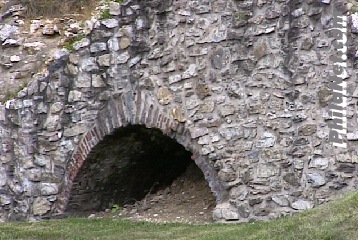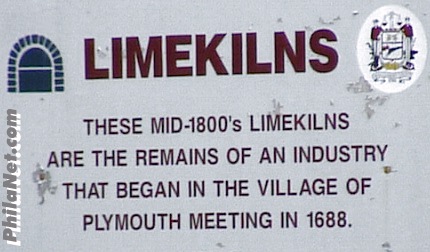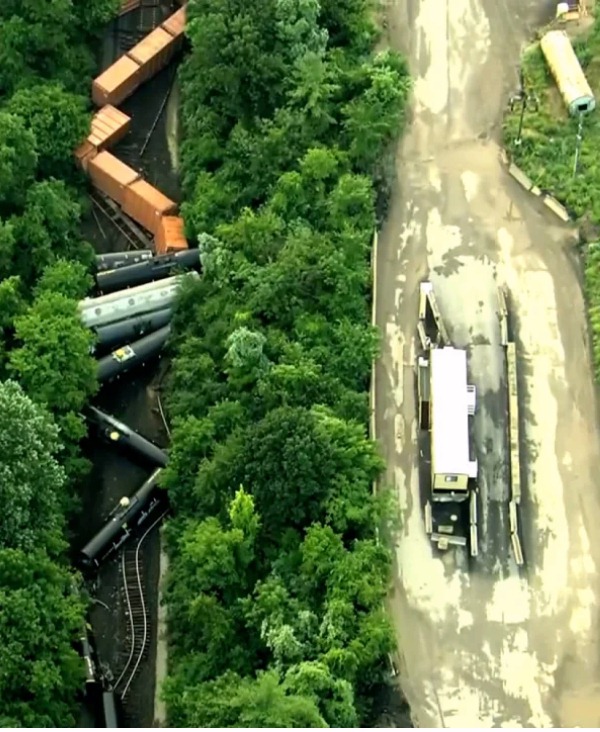

 by Daniel Brouse
by Daniel BrouseThe train derailment in Plymouth Meeting (July 17, 2023) and the seven people swept away by flood waters in Washington's Crossing (July 15, 2023) may have been influenced by the historical legacy of climate-altering activities initiated by our forefathers. During the 1600s and 1700s, the United States played a significant role in global events, including movements for freedom, abolition, revolution, and industrialization. In 1688, the establishment of a limestone quarry and limekilns in Plymouth Meeting, PA, marked a pivotal moment in human-induced global warming.
Limekilns are utilized to produce quicklime by heating limestone to temperatures exceeding 1,650℉. Quicklime finds applications in various industries, including agriculture, construction, and manufacturing. Prior to the introduction of limekilns, colonists relied on crushing oyster shells to obtain quicklime, a process that later contributed to funding significant historical events such as the American Revolution and the Underground Railroad.
The decomposition of limestone (CaCO3) into quicklime (CaO) during the production process emits substantial CO2 emissions, both from the combustion of fuel to heat the kiln and from the chemical reaction itself (CaCO3 --> CaO + CO2). Given quicklime's crucial role in cement production, steel manufacturing, and other sectors, ongoing efforts are focused on reducing the carbon footprint associated with this industrial process.
The deaths and infrastructure damage resulting from these events may reflect the long-term repercussions of the cultural, economic, and environmental practices established in Plymouth Meeting centuries ago. This serves as a reminder of the interconnectedness of past actions and present-day consequences, reinforcing the adage that "what goes around comes around."
Across the street...
The Underground Railroad: birthplace of Freedom in the USA
"As part of the Plymouth Meeting Anti-Slavery Society they held meetings in the Plymouth Friends Meetinghouse across the street from their home."
Head north just a bit...
Limekilns: The cradle of commerce in the USA
"Remains of an industry that began in the village of Plymouth Meeting in 1688"
The original Made in America human influencer of climate change on an industrial scale.
If you head east a bit...
Old Corson Quarry: original mine for the limekilns and site of the train derailment
Before they discovered limestone in Plymouth Meeting, colonists had to crush oyster shells. The
quarry is still in use today and was purchased by Highway Materials, Inc. in 1997.
ALSO SEE:
The Philadelphia Experiment: a Study on the Reign of Violent Rain
Violent Rain and the Substrate
How is All Real Estate at Risk From Climate Change?

